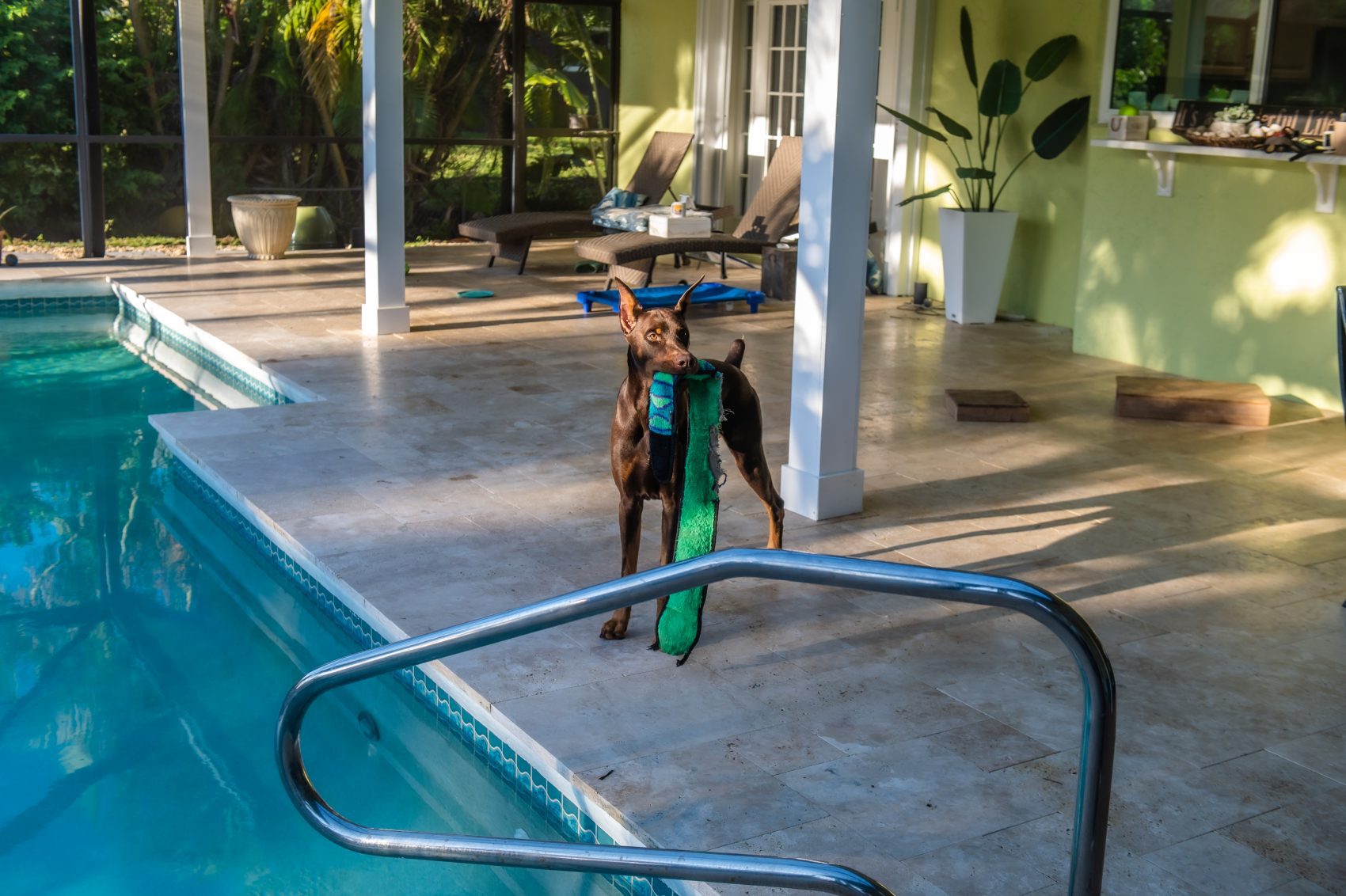It’s Never Too Early to Start Training Your Pup or Dog

When you bring home your new and adorable bundle of joy, it is probably pretty interesting to know that this infant-like pup between 8-10 weeks old, has already learned all it needs to know to become the leader of your home and how to get its needs met from its ORIGINAL Mom, and its littermates. A pup comes to us with 2 months of hard core training, before it ever reaches our doorstep, its new bed, and its new basket of toys.
Unlike the human infant, who can not eat, drink or even walk yet, our new pup can do all of those things. Your pup comes to you with an abundance of natural instincts, and learned-pack behavior. Pack behavior leaves no room for “equality” in your dog’s mind/DNA, or “you get one, and I get one”. In pack mentality, your dog has already learned that the Mom gets food first, and her needs met, and she quickly shows the pups “where they stand”, and how to wait, and show respect. And as if learning from her was not enough, now there are 4-12 more pups, normally who all fight to be next in line for her food, attention, love, etc. (kinda like a bunch of kids running to the ice cream truck..we quickly know who goes/gets served first).
With that being said, it is important to understand that your new bundle of joy will quickly figure out who in your household is the easiest to challenge for authority and attention. In homes with children, your pup usually will seek to “mouth/play bite” the youngest first.. This play biting, although your dog is teething, it is a sign of dominance or challenging for authority AND would never use his mouth on his mom, only littermates, so he/she knows what they are doing. Also, jumping up! Your dog will jump to make itself equal to your eye level, as dogs also view authority in terms of eye level. Remember, this behavior is adorable at 9 wks old, but if you have a large breed dog, it will not be as cute at 75 lbs. If your pup is a small breed or toy breed, this jumping can lead to a “scratching “at your legs forcefully as it gets older, or mounting behavior. It is important to note that dogs will mount one another to establish dominance, NOT only for mating.

In homes with adults only, these behaviors are also used with each adult in the family. The dog will quickly find out who “is easiest to challenge”, or “get its way with”. Normally, the person with the soft voice and the wavering tone will be the target. So, when you have to say something like “NO BITE”, It is important that you MEAN IT WHEN YOU SAY IT. Your pup will actually appreciate the discipline, as it has already learned this from its mom, whenever she growled or snapped to express her discontent with a behavior.
So, when you bring your new bundle of joy in to your family, and in between, loving it and holding it, remember to teach it respect, for you, for your children, and it will be a much more enjoyable part of your family for a long time to come.



